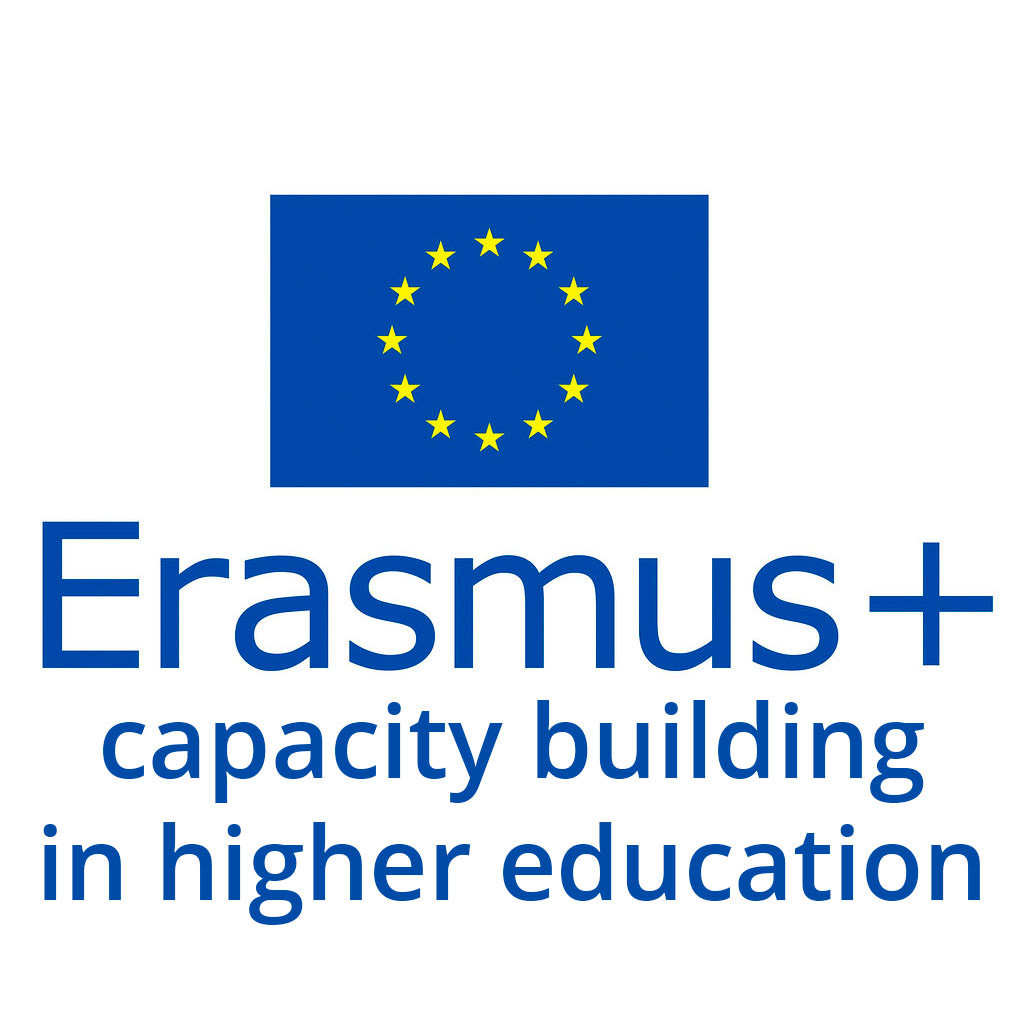Charting the Cosmos: From Ancient Light to Future Frontiers
In "Charting the Cosmos: From Ancient Light to Future Frontiers," Dr. Chandra Shekhar Saraf of the Korea Astronomy and Space Science Institute explores how modern cosmology has evolved into a precision science. The talk outlines the foundations of the standard model of cosmology, highlighting how dark energy, dark matter, and the expanding universe shape our current understanding. Dr. Saraf discusses key findings from recent major experiments—such as the Atacama Cosmology Telescope (ACT), which studies the cosmic microwave background, and the Dark Energy Spectroscopic Instrument (DESI), which maps the large-scale structure of the universe. He concludes by looking ahead to the potential of upcoming observatories like the Vera C. Rubin Observatory, Euclid, SPHEREx, and the Simons Observatory to further deepen our knowledge of the cosmos.

